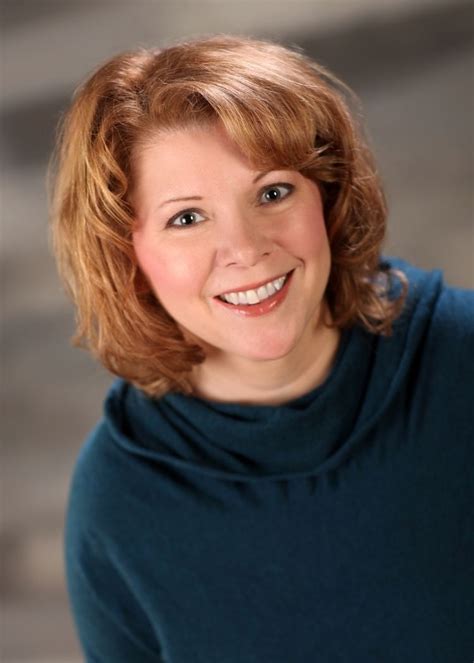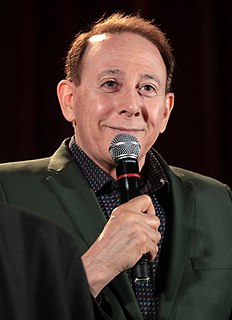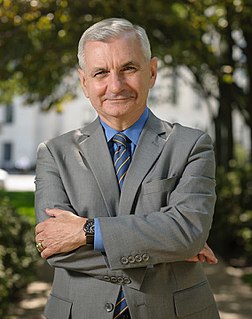A Quote by Bill Vaughan
How meagre one's life becomes when it is reduced to its basic facts. And the last, most complete reduction is on one's tombstone: a name, two dates.
Related Quotes
I don't like realism. We already know the real facts about li[fe], most of the basic facts. I'm not interested in repeating what we already know. We know about sex, about violence, about murder, about war. All these things, by the time we're 18, we're up to here. From there on we need interpreters. We need poets. We need philosophers. We need theologians, who take the same basic facts and work with them and help us make do with those facts. Facts alone are not enough. It's interpretation.
Many, and I think the determining, constitutive facts remain outside the reach of the operational concept. And by virtue of this limitation this methodological injunction against transitive concepts which might show the facts in their true light and call them by their true name the descriptive analysis of the facts blocks the apprehension of facts and becomes an element of the ideology that sustains the facts. Proclaiming the existing social reality as its own norm, this sociology fortifies in the individuals the "faithless faith" in the reality whose victims they are.
I started training wrestling in the pre-social media era and I was very cautious - I thought, 'I can't have people know my real last name.' So I changed my last name to End because I always called myself 'The End.' I thought that was cool. I thought I'd take my real first name and my 'fake' last name, and that's how I came up with Tommy End.
I think what's interesting about Alice Munro, too, is the extreme mundanity of things. And how even a life reduced to complete mundanity, like capitalism taking over rural Ontario or whatever, has complete sway over aspects of life. Nevertheless, people still have these moments of weird desperation, weird longing, weird true love, or weird, powerful lust, and that was a major inspiration for me, too.
Since my moral system rests on my accepted version of the facts, he who denies my moral judgments or my version of the facts, is to me perverse, alien, dangerous. How shall I account for him? The opponent has always to be explained, and the last explanation that we ever look for is that he sees a different set of facts. Such an explanation we avoid, because it saps the very foundation of our own assurance that we have seen life steadily and seen it whole.
































